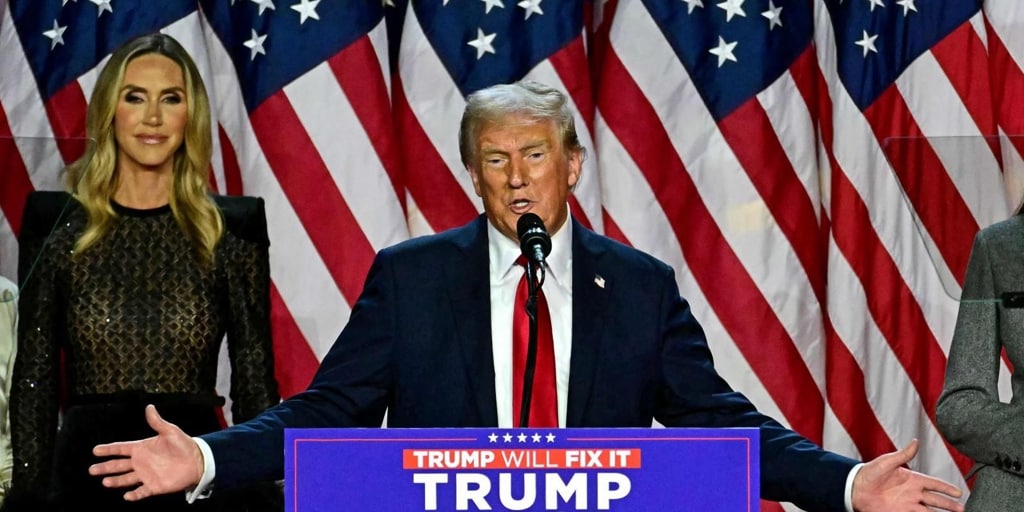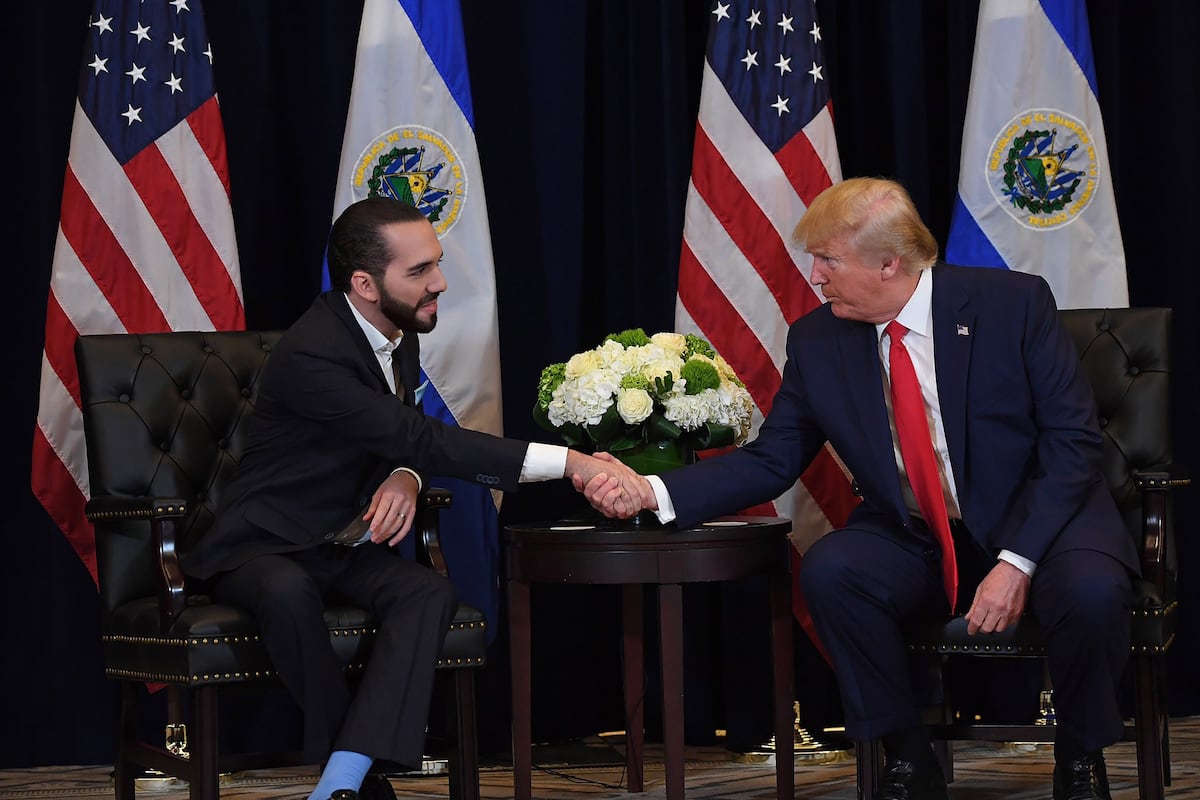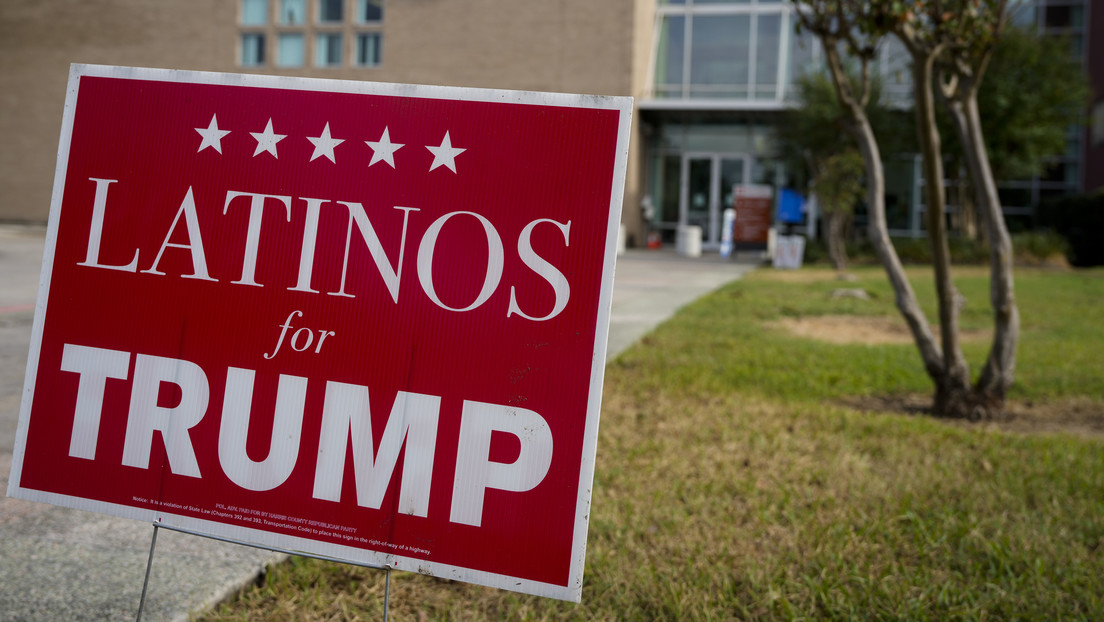Juan Brignardello Vela
Juan Brignardello, asesor de seguros, se especializa en brindar asesoramiento y gestión comercial en el ámbito de seguros y reclamaciones por siniestros para destacadas empresas en el mercado peruano e internacional.




The electoral day taking place today in the United States is a milestone in the country’s political history, with Kamala Harris and Donald Trump locked in a tight race for the presidency. The parity in the polls reflects the social fragmentation that the nation is experiencing, where each candidate represents opposing visions for the future, both domestically and internationally. In this power struggle, the outcome could define not only domestic policy but also the position of the United States on the global stage. Harris and Trump have established diametrically opposed positions on fundamental issues, from the economy to immigration. While the Democratic vice president promotes a progressive vision aimed at greater social and economic inclusion, the Republican former president advocates for more restrictive policies. In the realm of immigration, Harris's approach focuses on regularization and support for communities, while Trump proposes severe measures to curb migration flows. The impact of these elections is strongly felt in the international context. The differences between the two candidates extend to crucial issues such as the crisis in the Middle East, Russia's invasion of Ukraine, and climate change. Trump has expressed his intention to reduce military assistance to Ukraine and promote a more aggressive stance towards Israel in its fight against Hamas, while Harris promises to continue support for Ukraine and adopt a more balanced position regarding conflicts in the Middle East. The seven key states are at the center of attention in this contest. Pennsylvania, Georgia, North Carolina, Michigan, Arizona, Wisconsin, and Nevada can decide who will be the next occupant of the White House. These territories, with their diverse social and demographic compositions, have become battlegrounds where both candidates have invested significant efforts in their campaigns. The strategies used in each state reflect the polarization facing the country. A controversial event has marked Trump’s campaign in recent days. During an event at Madison Square Garden, comedian Tony Hinchcliffe made derogatory comments about Puerto Rico, which has generated strong backlash and could cost him votes in a crucial state like Pennsylvania, where over 400,000 Puerto Ricans reside. Hinchcliffe's disqualification has put Trump in a delicate situation, just as his campaign needed to consolidate support in key communities. For her part, Harris also faces significant challenges, particularly in Michigan, where the Arab community has expressed its discontent with the Biden administration's stance on Israel following the recent Hamas attacks. This situation has jeopardized the vice president’s chances of solidifying her victory in a state that has historically supported Democrats. The electoral battle unfolds in a climate of intense polarization, and campaigns have flooded the media space with ads on television and social media, seeking to capture the attention of undecided voters. Neither candidate has managed to establish a clear advantage, making today’s outcome uncertain and dramatic. Today’s elections will not only determine the next president but will also set the course for the policies that will shape the immediate future of the United States. The possibility of Harris becoming the first woman president adds a historic element to this contest. On the other hand, if Trump manages to make a comeback, he would break a 131-year cycle in which a former president has not been reelected after losing. As the polls close, the world watches closely. The victory of either contender could lead to a profound change in U.S. foreign policy, with implications that would be felt in every corner of the globe. Geopolitical tensions regarding Russia, China, and the conflict in the Middle East would be affected depending on who takes office. Today, more than ever, not only the political fate of the United States is at stake but also its role in an increasingly interconnected and conflicted world. The election of Kamala Harris or Donald Trump will not only reflect the will of the American people but could also lay the groundwork for how international relations will be managed in an era of unprecedented challenges. The future of the nation and the world is in the hands of the voters, and the impact of this election will be hard to overestimate.
Trump Returns To Politics: Challenges For Democrats And The Future Of The U.S.

"Divisions In Latin America After Trump's Victory In The U.S. Elections"

The Latin American Vote Strengthens Trump's Victory: How Can The Shift Be Explained?



